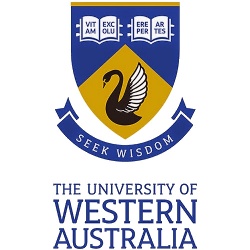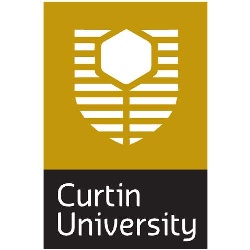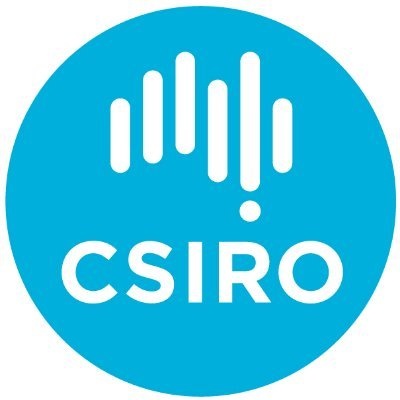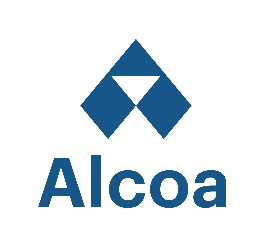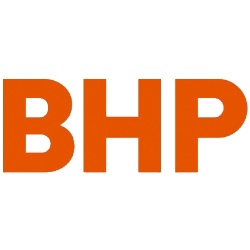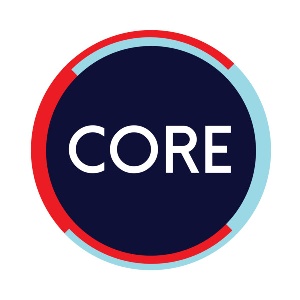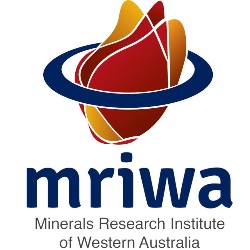Virtual - Researchers Catch-up hosted online from University of WA
Industry is transitioning from document-based manual work processes to more automated work processes supported by computers. To achieve this, a common digital language is needed that can be understood by both machines and humans. This includes grammar and vocabulary. People have been working with ontologies to achieve this goal for decades with few examples of success.
The arrival of large language models has ignited interest in what is possible with enterprise industrial data and paradoxically resurrected an interest in ontologies. Ontologies assist in development of a common digital vocabularies within and across organisations that are required to share information (e.g. master data, asset design, product manufacturing, and maintenance) and can be used to reason that the correct answer to Chabot queries has been provided.
Melinda will describe IDO, the Industrial Data Ontology. In June 2023 IDO was approved by 14 countries participating in the ISO (International Standards Organisation) TC184 SC4 Industrial Data committee as a new work item for standardisation. Developing IDO has been a 15 year journey, driven mainly by Norwegian industry. IDO provides a grammar and enables the development of common digital vocabularies. It supports artificial intelligence based on logic, which is important for quality assurance of large complex data sets and automatic verification and validation.
As part of her sabbatical Melinda worked on the IDO submission documents to ISO and attended the 5-day ISO TC184 SC4 meeting as Australia's nominated representative. She co-developed an IDO ontology use case for an IOT application with Grundfos Pumps, Siemens and DNV and will describe this briefly in the talk. She will also make the case for a greater awareness of ontological practices amongst all engineers. There is a growing market for "knowledge engineers" and few pathways to meet this market currently in Australia.
